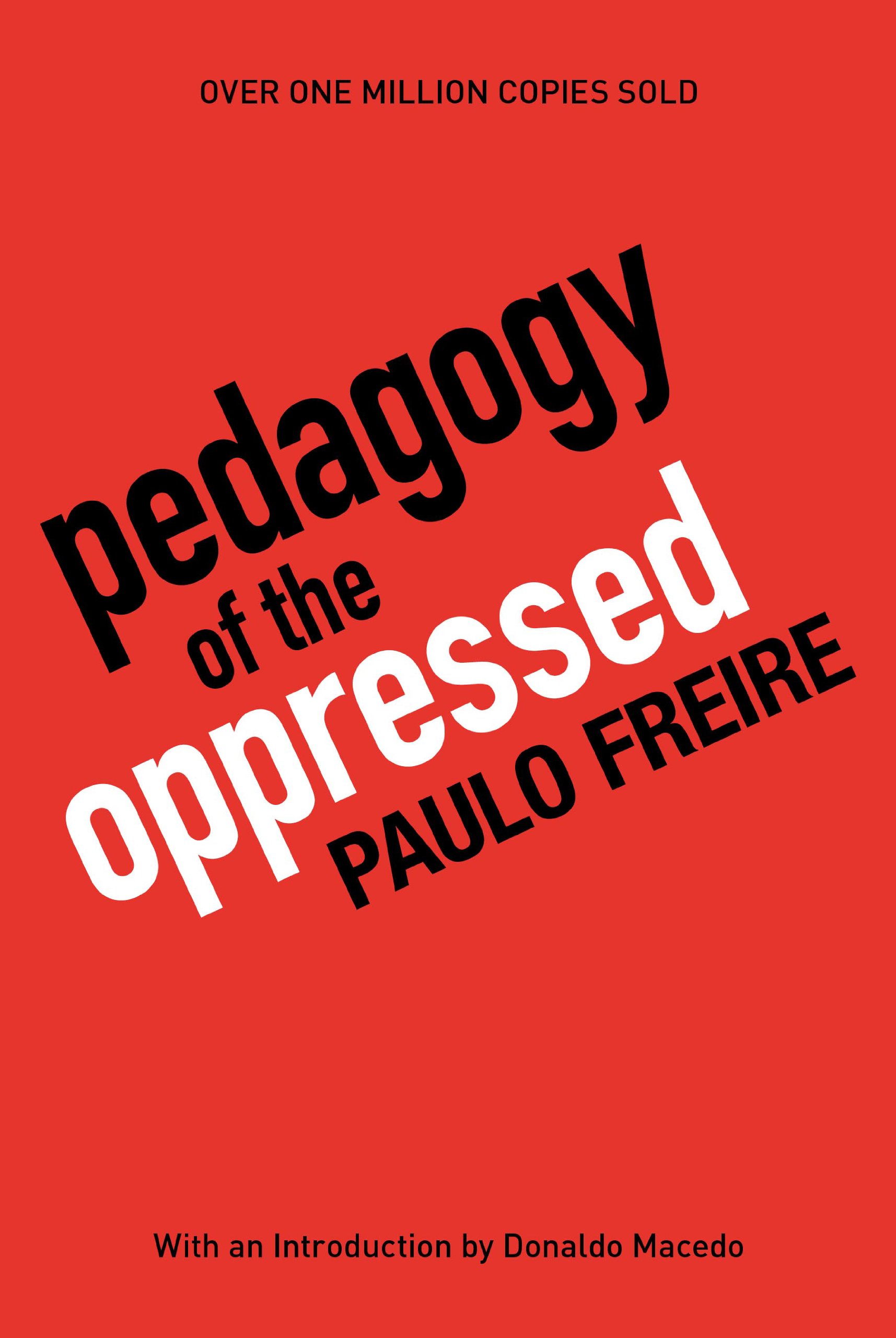Pedagogy of the Oppressed
Summary in one line:
"Pedagogy of the Oppressed" critiques traditional education systems and advocates for problem-posing education as a means of achieving liberation and empowerment.
Three takeaways from the book:
- Traditional education systems perpetuate oppression by treating students as passive recipients of knowledge and failing to address the social and political realities that affect their lives.
- Problem-posing education, in which students are active participants in the process of learning and critical thinking, is necessary to achieve true liberation and empowerment.
- The role of the teacher is to facilitate the process of learning rather than being the all-knowing authority figure.
What can be learnt from the book:
The book "Pedagogy of the Oppressed" by Paulo Freire is a powerful critique of traditional education systems and a call for a new approach to education that prioritizes liberation and empowerment. Written in 1968, the book remains highly relevant today and offers valuable insights for educators, students, and anyone interested in the role of education in society.
One of the main ideas of "Pedagogy of the Oppressed" is the concept of "banking education," in which students are treated as passive recipients of knowledge, rather than active participants in the process of learning. Freire argues that this approach perpetuates oppression by failing to address the social and political realities that affect the lives of students. Instead, he advocates for "problem-posing education," in which students are encouraged to think critically and question the world around them.
Another key concept in "Pedagogy of the Oppressed" is the idea that education should be viewed as a means of achieving liberation and empowerment. Freire argues that true education should be focused on helping students understand and transform the world around them, rather than simply memorizing facts and figures. He also emphasizes the importance of addressing the needs of marginalized communities and working to address issues such as poverty and inequality.
The role of the teacher is also central to Freire's ideas. Rather than being the all-knowing authority figure, the teacher is seen as a facilitator of the process of learning. Teachers are tasked with creating a safe and supportive environment for students to explore and question the world around them. This approach is in contrast to the traditional approach where teacher is the source of all knowledge
In "Pedagogy of the Oppressed," Freire also outlines five pedagogical approaches: the teacher-student, the banking, the problem-posing, the cultural action for freedom, and the practice of freedom. These approaches provide a framework for understanding different approaches to education and how they can be used to achieve liberation and empowerment.
One of the most powerful aspects of "Pedagogy of the Oppressed" is its ability to connect the personal experiences of students with broader social and political issues. Freire emphasizes the importance of recognizing the ways in which education is interconnected with society and the role that it plays in perpetuating or challenging structures of oppression.
In conclusion, "Pedagogy of the Oppressed" is a thought-provoking and powerful book that offers valuable insights for educators and students alike. Its critiques of traditional education systems and calls for a new approach that prioritizes liberation and empowerment are still highly relevant today. This book is an essential read for anyone interested in the role of education in society and the pursuit of social justice.

 Get the book
Get the book